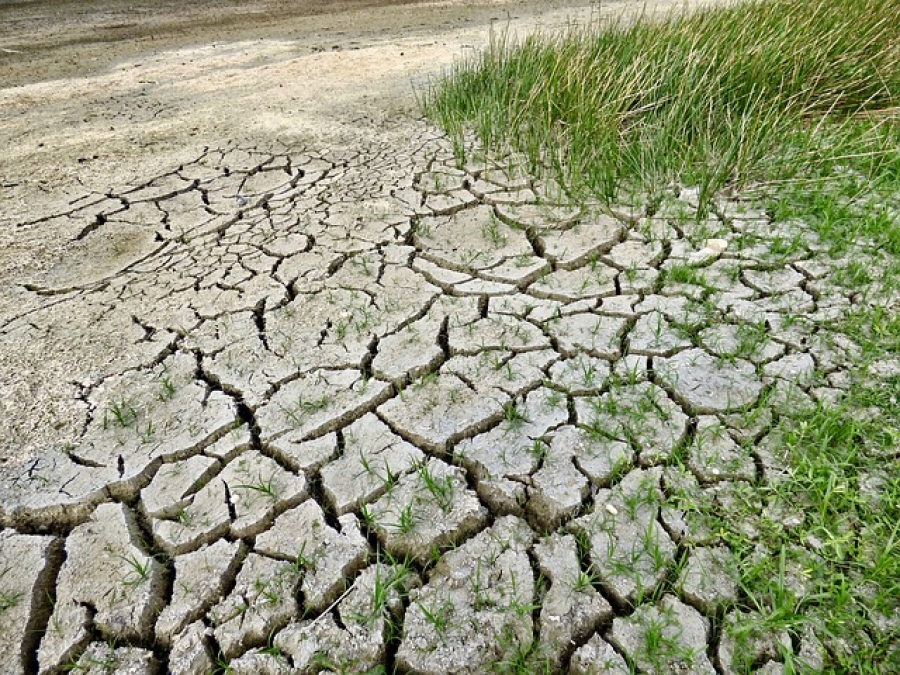Available for download: Climate Change Case Studies

There are significant gaps in creating knowledge on climate change from (from research and project experience) and decision making. Universities and higher education institutions in the region have the responsibility and the challenge of providing training on the latest advances in the field in order to train professionals on climate action.
In this context, the Regional Center for Climate Change and Decision Making led with SARAS Institute the project “Legacy in research and teaching in Latin América” (*) funded by the Climate and Development Knowledge Network (CDKN) and Fundación Futuro Latinoamericano Internacional.
As part of this, four Case Studies were developed. The cases are accompanied by their respective teaching notes, which seek to facilitate their use in pre-and postgraduate training in the region.
They cover the following topics:
(A) climate change and decision-making;
(B) democracy and climate change,
(C) tools and methods for decision-making on climate change and
(D) gender and climate change.
The cases seek to contribute to the transmission of knowledge and the creation of capacities for a compatible climate development. All case studies are available for download (Spanish version only)
The cases aim to contribute to knowledge transfer and capacity-building for climate compatible development. All case studies are available for download (Spanish version only)
Download
Climate change, analysis and decision-making processes. Nestor Mazzeo (CURE – SARAS Institute), Paula Bianchi (SARAS INSTITUTE)
Exploring the relationship between political parties and climate change in Latin America. Daniel Ryan (Postgraduate School of the Technological Institute of Buenos Aires)
Tools for decision-making and risk transfer in the agribusiness sector in the face of the effects of climate change, climate variability and disasters in Uruguay, Argentina and Paraguay. Teresa Gamarra (Catholic University Our Lady of the Assumption)
Gender and climate change in Latin America. Maria Teresa Arana Zegarra
(*) Developed under the “Legacy in research and teaching in LAC” project, funded by Climate and Development Knowledge Network (CDKN) and Fundación Futuro Latinoamericano Internacional.
To access more information about this or other projects of SARAS2 Institute please click here
